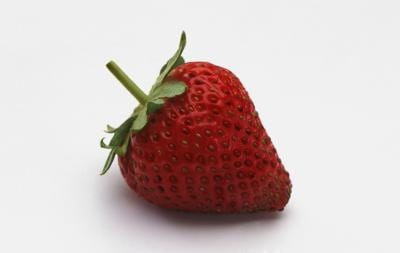Every body needs vitamins to keep it functioning properly. Your children need a proper amount of a wide range of vitamins each day to grow into healthy and strong adults. If your children eat a balanced diet, they may not need to take vitamin supplements. If they have special dietary needs, such as they eat a vegan diet, they should take supplements to get vitamins that may be missing from their diet. Always give your child vitamin designed for her age and size and supervise the dose. Overdose on vitamins such as A and K is possible.
Vitamin A
You may remember adults telling you that eating plenty of carrots, that is, getting plenty of vitamin A, would help you see in the dark. In addition to keeping your children’s eyes healthy, vitamin A keeps the immune system working well and even boosts the immune response. It’s also responsible for healthy skin and will help your child grow and develop properly. Should your child get a cut or break a bone, vitamin A will help her heal. Vitamin A is found in foods full of beta carotene, such as carrots and cantaloupe. It’s also in leafy greens and milk.
Vitamin C
While vitamin C won’t cure the common cold, it does boost your child’s ability to fight infection so that his colds last for a shorter amount of time. It also helps your child heal from a cut or bruise and encourages healthy tissue growth. Plenty of healthy and child-friendly foods contain vitamin C, including strawberries, citrus fruits and kiwi. It’s also found in a number of vegetables. If you choose to give your child a vitamin C supplement, choose one with a low dose, as too much can cause digestive trouble.
B Vitamins
There are eight B vitamins: B1, B2, B6, B12, niacin, folic acid, biotin and pantothenic acid, all of which come from various sources. B vitamins help produce red blood cells in the body, according to Kids Health. Your child needs them for a healthy nervous and circulatory system and for energy production. While you can find most B vitamins in plant- and animal-based foods, B12 is only found in animal products. If your child eats dairy or eggs, he should get enough B12. If he is a complete vegan and doesn’t eat any animal products, you should give him a B12 supplement. Nutritional yeast, a common vegan cheese substitute, is often fortified with B12, as are many brands of soy milk.
Vitamin D
Vitamin D, partnered with calcium, helps children develop strong bones. The body needs vitamin D to absorb calcium properly, according to the National Institutes of Health. Your child can get vitamin D by playing outside in the sun or by eating eggs or dairy products. Most types of milk are fortified with vitamin D.
Vitamin K
Vitamin K helps blood clot and wounds heals. It’s found in leafy green vegetables and is also made in the intestines by bacteria, according to the Children, Youth and Women’s Health Service. Usually, infants receive a dose of vitamin K at birth to help their blood clot and to prevent bleeding due to a deficiency. Since vitamin K is a fat-soluble vitamin, the body is able to hold on to it for a long time, compared to water soluble vitamins such C, which quickly pass out of the body. There is a risk of overdose from vitamin K and from other fat-soluble vitamins, such as A.





